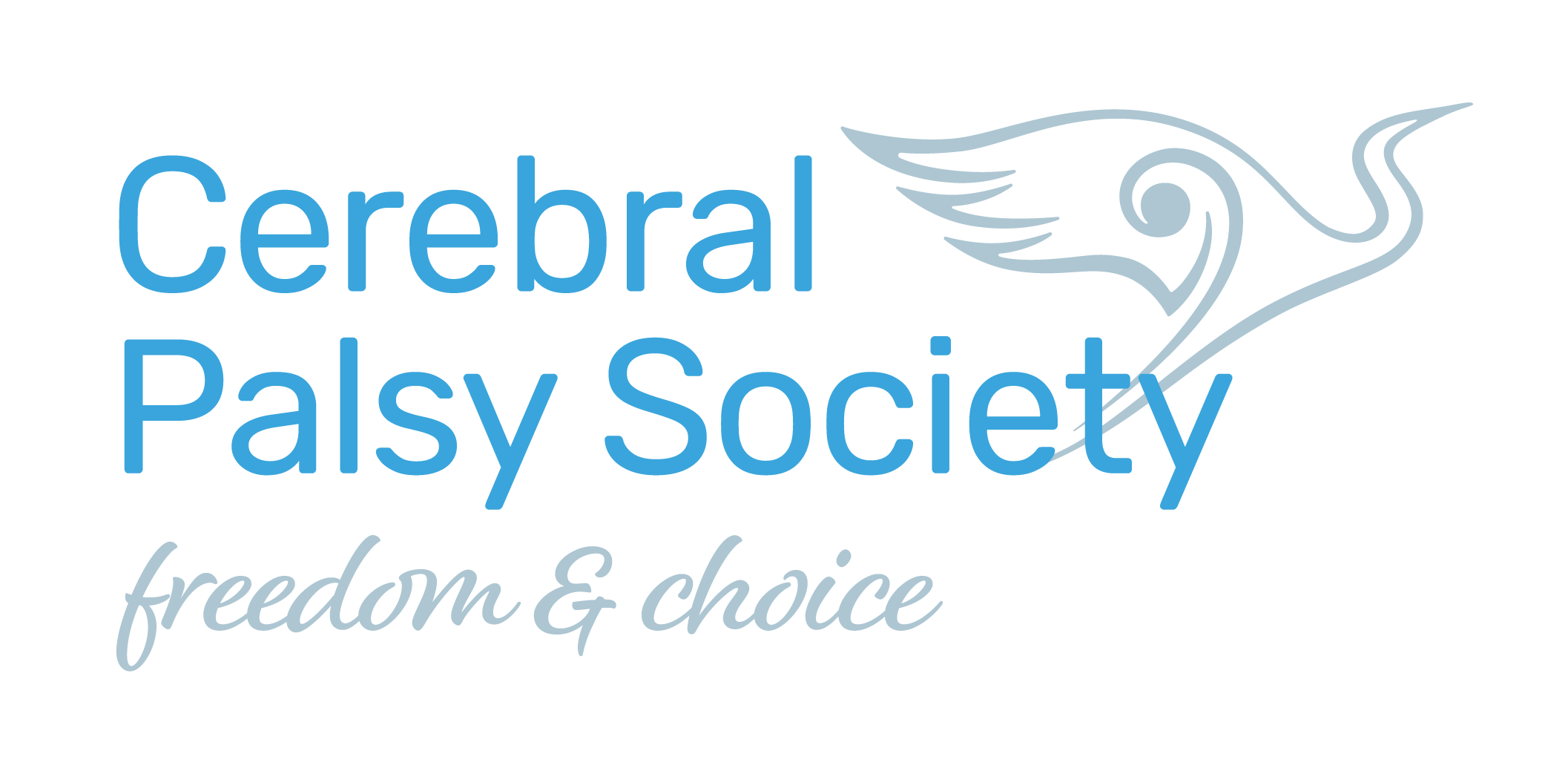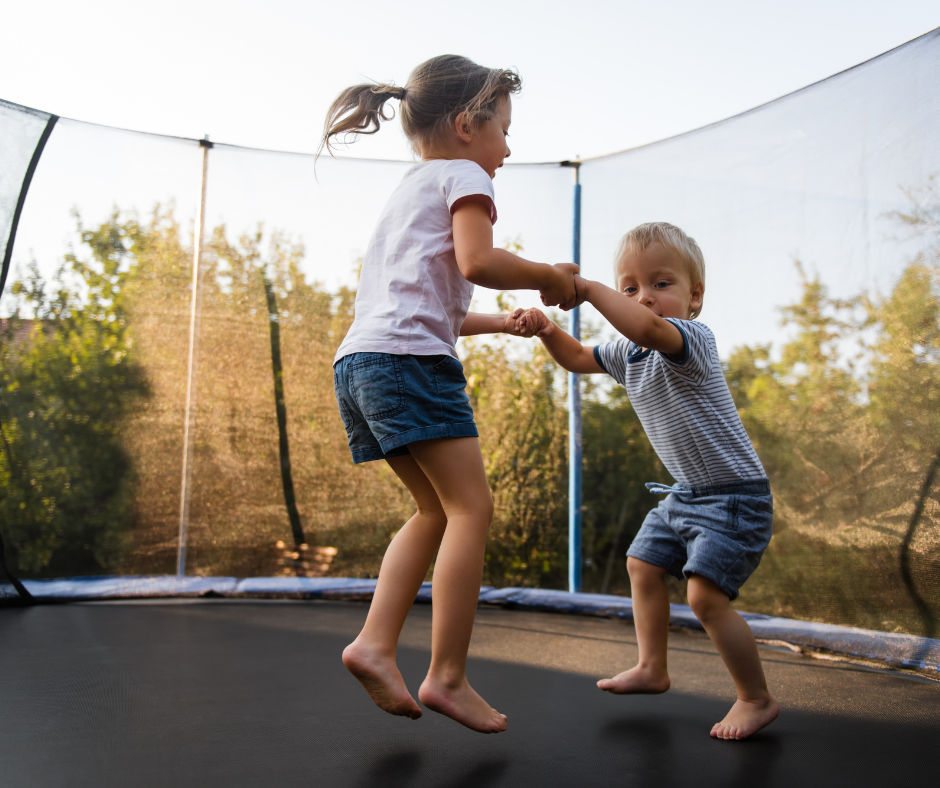NEWS & UPDATES
The connection between disabled children and their siblings
27 Mar 2025
By Amy Hogan
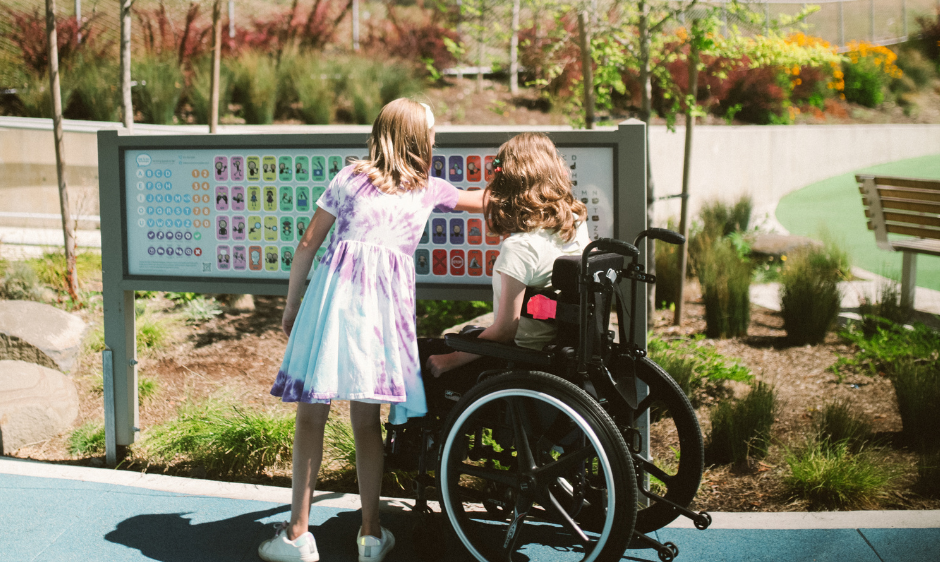
Understanding sibling relationships
Siblings of children with disabilities often share a unique bond that evolves throughout their lives. Recent research highlights how these relationships are shaped by the presence of a disabled sibling, leading to growth, empathy, and mutual support.
However, it is important that siblings can develop and grow their own sense of identity, interest, and friendship circles away from the unusual circumstances that they may be in when their siblings are unwell or attending multiple appointments.
This article is an overview of key points that our members and researchers discuss during lived experience seminars. It is important to acknowledge the ways in which the complexity of living with a disability can influence the whole family, not just the individual living with the disability and their immediate caregiver. Thankfully, a number of resources and guides have been developed specifically with siblings in mind.
What does the latest disability research tell us about siblings?
Recent studies show that siblings of disabled children often develop a heightened sense of empathy and responsibility. They may become advocates and allies for their siblings, learning to balance their own needs with those of their brother or sister. This advocacy role can foster strong family bonds and a deep understanding of disability issues.
However, it is overly simplistic to presume that siblings can automatically absorb this information and internalise the need for advocacy. They need to be seen and understood as individuals with their own needs and desires alongside their identity as a sibling and an element of a broader support system.
The relationship between siblings can be complex, influenced by factors like age differences, the nature of the disability, and family circumstances.
Siblings may experience a range of emotions, from pride to frustration. Recognising these dynamics helps in supporting both the disabled child and their sibling effectively. These emotions and feelings may change and differ across the lifespan, and there are different periods of intensity that the whole household may experience.
For example, if the child with CP is going through complex medical procedures or rehabilitation that can naturally distract from sibling activities or down time.
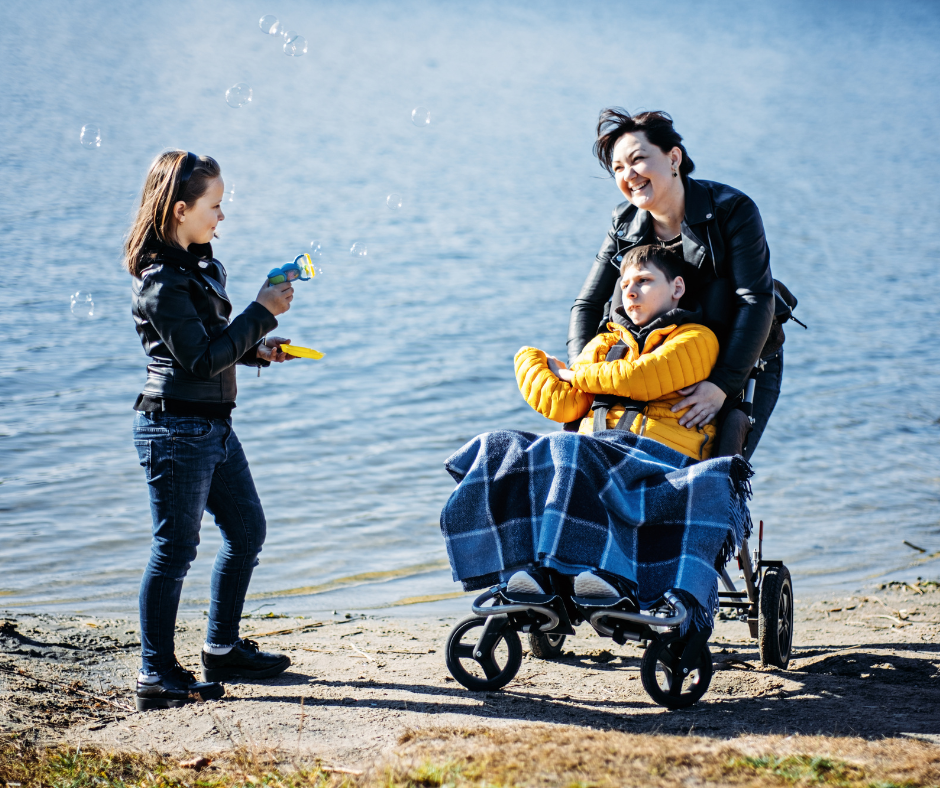
Accessible activities siblings can do together
- Music and dance activities, e.g. Glass Ceiling Arts Collective
- Engaging with pets
- Face painting and craft
- Movements and games that involve wheelchair or walker such as adaptive sports and have-a-go days
Aspects to consider
Sibling relationship with disability
- How do they understand the disability and how the dynamics affect the family?
- Does anything worry them about what’s going on with their sibling?
- What does the 24/7 aspects look like for the parents, family and siblings?
- Do older children feel a sense of responsibly for helping with their younger sibling?
For siblings
- What is most important to the sibling right now?
- Do they have a space to explore their own interests and hobbies?
- Do the siblings have external people they can talk to if they are worried?
- What would they like to know about what’s going on?
- What’s the tone for engaging with them?
Maintaining connections both within the home and in broader social settings is crucial. Encouraging siblings to participate in community events or support groups helps them build a network of peers and find additional sources of support.
Painting a realistic picture of sibling dynamics
Sometimes in the public imagination, children with disabilities and their families are painted as if living with a disability makes people extra kind and empathetic to an almost supernatural degree.
As somebody who has a good relationship with all four of her siblings, I agree that there are no allies quite like the people who are raised with you.
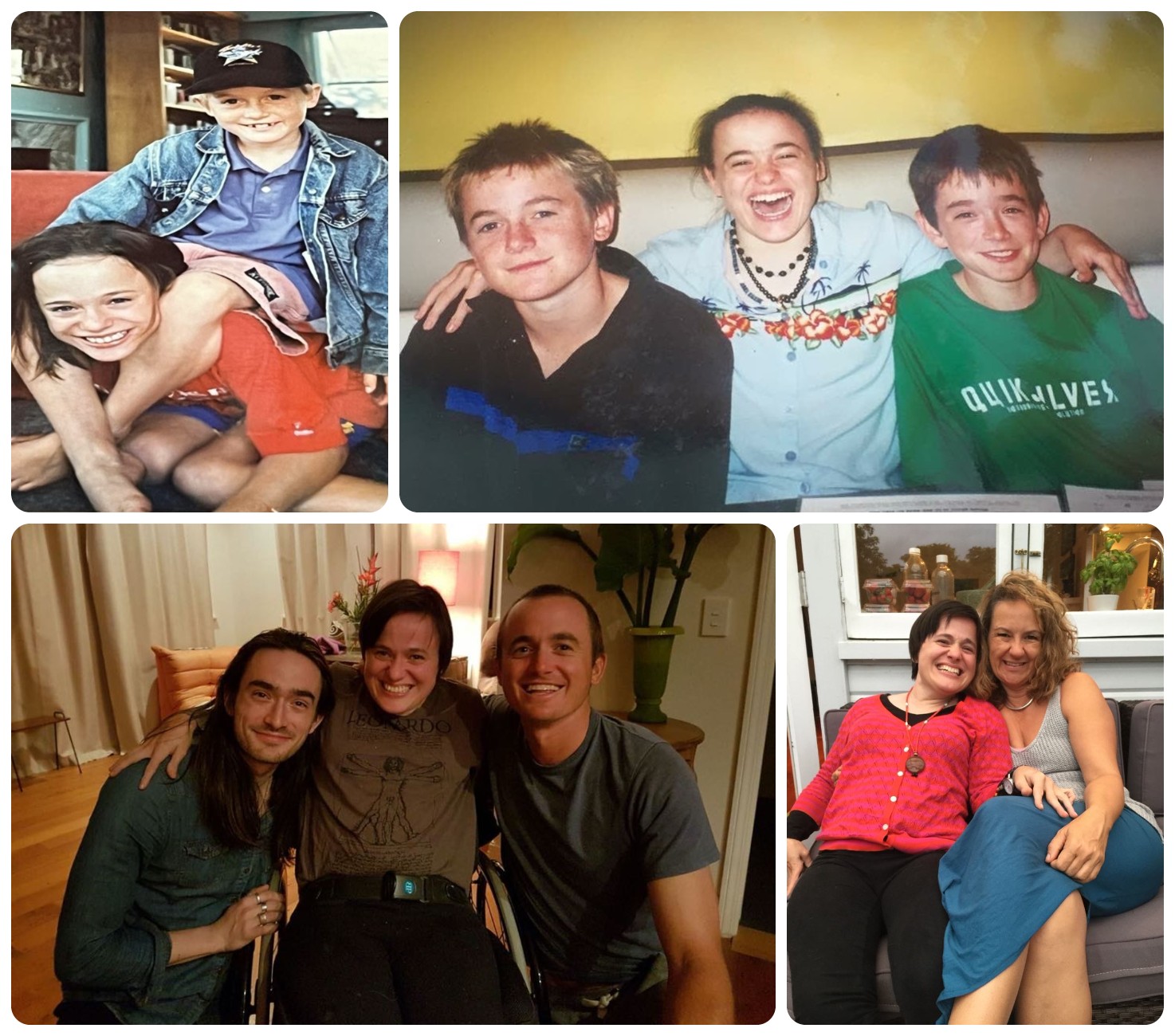
Amy Hogan pictured with her siblings.
However, it would be unfair not to acknowledge the picture isn’t always rosy or perfect harmony.
Siblings of disabled children are fundamentally still children in every sense of that word. They can still feel jealousy and resentment that their sibling may be taking up all their parent’s time and not spending as much time doing their activities.
With all the will in the world, there will be times when the disability impacts the whole family – especially if the child has gone in for surgery or has had an unexpected health episode.
From our experience listening to families, one of the most important things that families can do, when they are under such immense time and energy pressures, is to acknowledge that the sibling may be experiencing a whole new range of emotions, and they may not necessarily be the “good ones” such as empathy and kindness.
Every child, including siblings of those with disabilities, will need to find a way to express their full range of emotions.
All individual circumstances are different and what works for one family may not work for another. However, these are some general insights that families have given us.
- Be honest with the sibling that this particular time is going to require extra time for their disabled family member, e.g. trips to hospital or time in physical rehab settings. For older siblings, in age-appropriate ways, acknowledge that this may not be great.
- For younger siblings who may not be able to express their feelings directly, have simpler messages around “where going here” or “how long” just to give them a sense of repetition and new routine.
- Sibling squabbles and arguments are going to play out irrespective of disability. It’s a fact that sometimes siblings find each other annoying and irksome. Sometimes it’s easier to let these feelings play out.
- Where possible, allow the sibling to have measures of control, such as choosing what to have for dinner or what to watch on family movie night.
- Where possible, establish a sense of timeframe for the sibling around the current events or general experiences for the family.
Support services
There are several resources to support siblings of disabled children.
These include sibling support groups, family counselling, and educational resources designed to help siblings navigate their roles.
Organisations like Parent to Parent provide valuable information and support through their Sibling Support Hub, which offers guidance on managing the unique challenges faced by siblings. https://parent2parent.org.nz/how-we-help/sibsupport-nz/
Parent to Parent also runs sibling workshops and peer support groups that offer practical advice and emotional support.
It is also worth asking about activities that cater for siblings even if it’s just part of a have-a-go day or a one-off event. For example, dance or fitness classes.
Parent to Parent has written an excellent resource specifically designed for siblings of children living with disability. This could be a useful starting point for discussion. https://parent2parent.org.nz/resource-hub/my-sibling-has-a-disability/
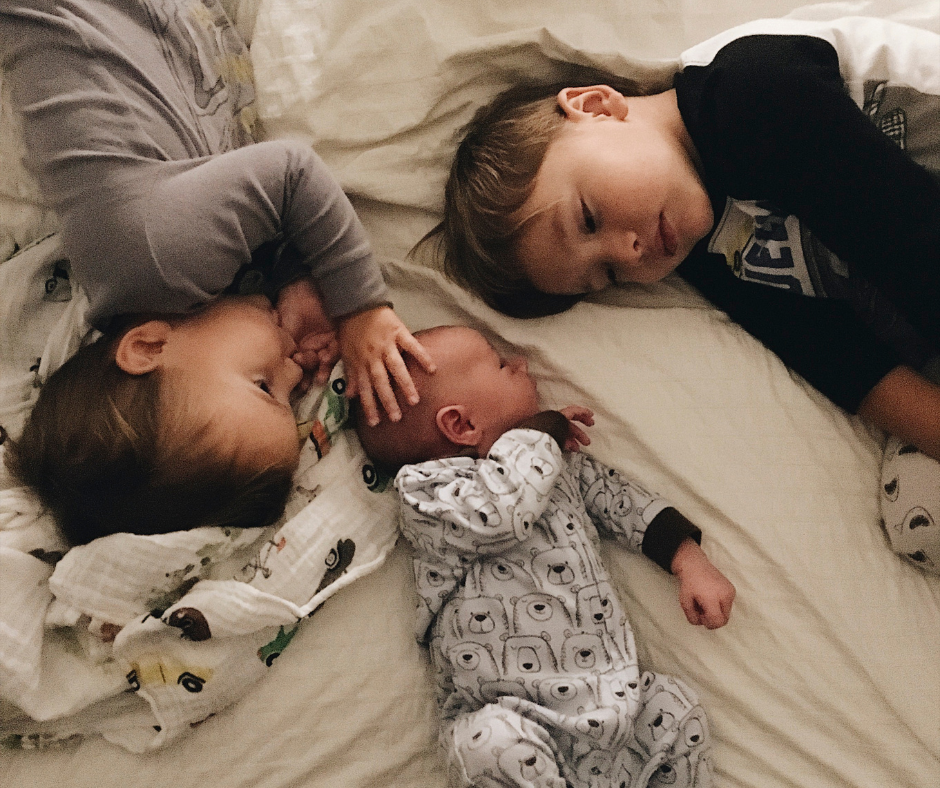
Drenched is a New Zealand organisation that supports children or siblings of those with high support needs. They provide support groups, counselling, and scholarship opportunities along with additional information and resources. https://www.drenched.org.nz/
The relationship between disabled children and their siblings is a vital aspect of family life, influenced by unique dynamics and experiences. By understanding these dynamics and utilising available support resources, families can foster positive relationships and ensure that all siblings thrive. Emphasising empathy, advocacy, and shared experiences can help create a nurturing environment where every family member feels valued and connected.
If you would like more information, do not hesitate to contact Amy at amy@cpsociety.org.nz.
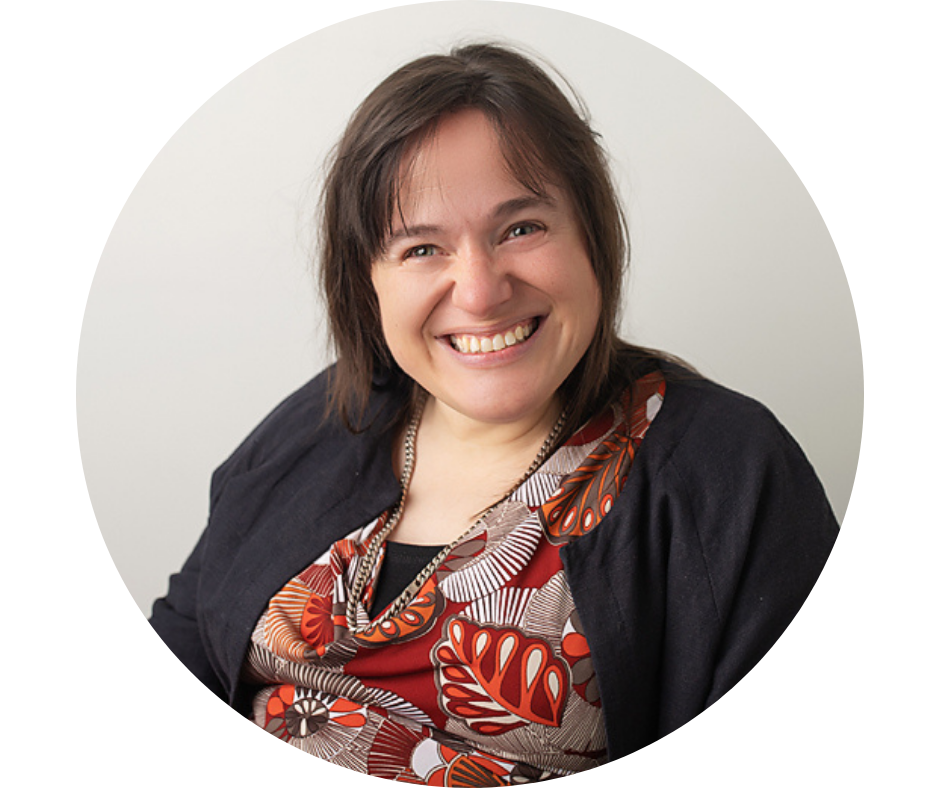 * Amy Hogan is the Cerebral Palsy Society’s Researcher and Member Support Advisor.
* Amy Hogan is the Cerebral Palsy Society’s Researcher and Member Support Advisor.
